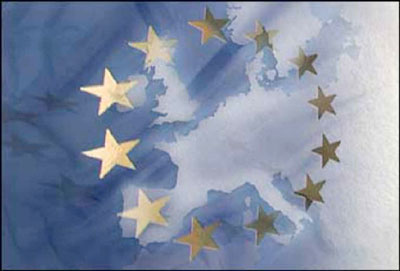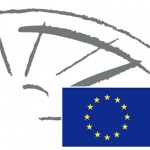EU Enacts 10-Year Auditor Rotation

The European Parliament today enacted new rules requiring public companies to change auditors after a maximum of 10 years.
EU member countries can decide to extend the 10-year auditor rotation period for up to 10 more years if companies tender the audit contract out but choose the incumbent firm. Countries can extend the term by up to 14 added years if the audited company appoints more than one audit firm to carry out its audit.
In February, by contrast, the U.S. Public Company Accounting Oversight Board reportedly halted a three-year effort to install mandatory auditor rotation. Still, PCAOB chairman James Doty pledged to continue discussions on the matter and today is holding a panel discussion on auditor tenure as part of a two-day meeting on changes to the auditor’s report that the board is proposing.
The new EU rules add stiff requirements to the auditor’s report. For example, they impose on auditors “the obligation to report on any material uncertainty related to events or conditions that may cast significant doubt about an entity’s ability to continue as a going concern,” Sven Gentner, part of the EU delegation to the United States, said in remarks prepared for delivery at the PCAOB meeting yesterday.
“The fact that numerous financial institutions revealed huge losses in the wake of the [financial] crisis … following the public presentation of clean audit reports inevitably gave rise to the question of whether auditors are fulfilling their role,” he said.
In addition to the standard audit report, the new rules require auditors to make “a more detailed additional report” to the audit committee of the audited company but not to the public, according to Gentner. EU member countries may, however, allow the audit committee to disclose the latter report to some third parties.
“This additional report will enhance the flow of information between the auditor and the audit committee,” he said. The report to the audit committee will contain information about the audit’s methodology and a summary of the main elements of the going-concern assessment or a report on “significant deficiencies encountered during the audit,” according to Gentner.
The new rules also require the auditor’s report to include a description of the auditor’s assessment of the company’s greatest risks of material misstatements, a summary of the auditor’s response to those risks, and key observations about those risks, he said.
The new EU rules also bar audit firms from providing tax advice, financial and investment counseling and non-audit services to the companies they audit. “The aim is to limit risk of conflicts of interest” that arise when auditors are involved in making decisions affecting the management of the companies they audit, according to an EU press release. “This will also substantially limit the likelihood that … auditors ‘self-review’ their recommendations” to audit clients.
If all else fails, EU shareholders may now have the ability to oust misbehaving auditors. One provision of the new rules could enable 5 percent of the shareholders of a company to “initiate actions to dismiss the auditors,” according to the EU.
Source: CFO





























